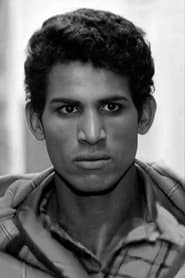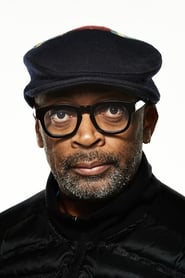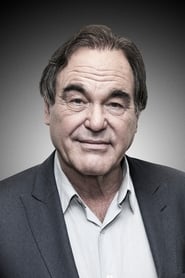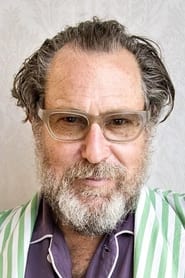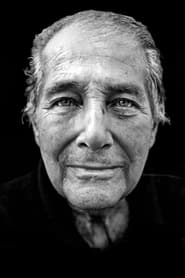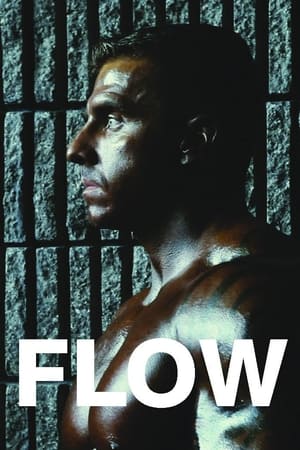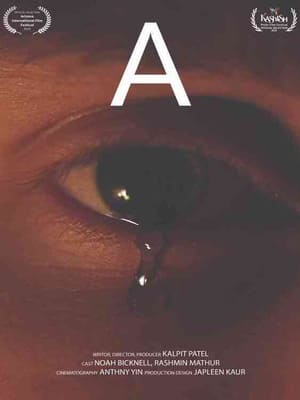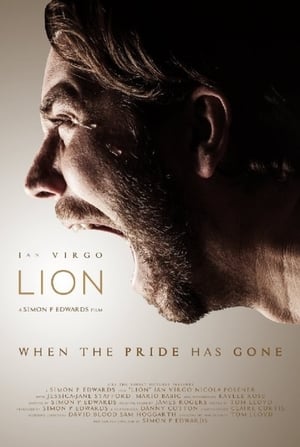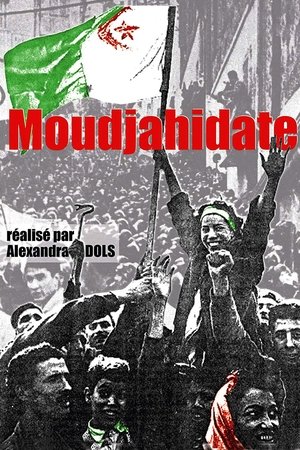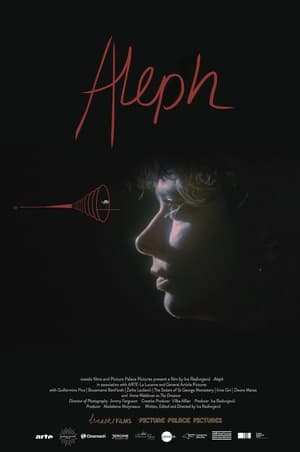
Five Directors On The Battle of Algiers(2004)
This 17-minute documentary is featured on the 3-Disc Criterion Collection DVD of The Battle of Algiers (1966), released in 2004. An in-depth look at the Battle of Algiers through the eyes of five established and accomplished filmmakers; Spike Lee, Steven Soderbergh, Oliver Stone, Julian Schnabel and Mira Nair. They discuss how the shots, cinematography, set design, sound and editing directly influenced their own work and how the film's sequences look incredibly realistic, despite the claim that everything in the film was staged .

Movie: Five Directors On The Battle of Algiers
Video Trailer Five Directors On The Battle of Algiers
Recommendations Movies
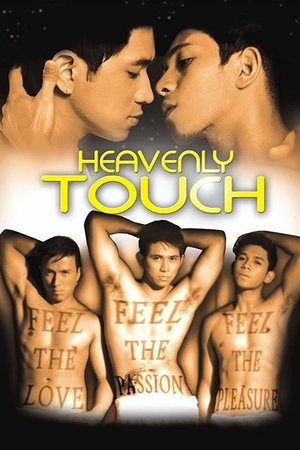 5.8
5.8Heavenly Touch(tl)
Jonard is having trouble making ends meet. His mother is suffering from depression, and he and his sister are forced to quit school in order to take care of her. One day, Jonard meets up his friend Rodel, and Rodel introduces him to the world of massage parlors. Rodel teaches him massage, and brings him to Heavenly Touch, a syndicate-run massage parlor that mostly caters to homosexuals.
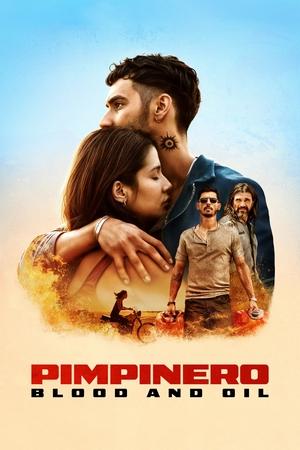 6.1
6.1Pimpinero: Blood and Oil(es)
When Juan, a young gasoline smuggler, is forced to work for a mysterious organization in the desert bordering Colombia and Venezuela, his girlfriend Diana embarks on a journey to uncover the secrets that inhabit this no-man’s-land.
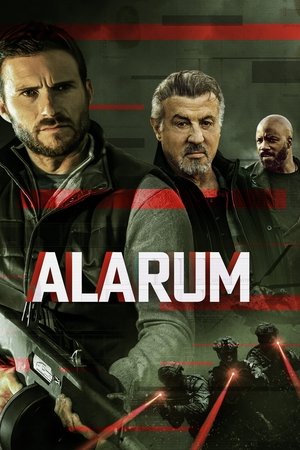 5.8
5.8Alarum(en)
Two married spies caught in the crosshairs of an international intelligence network will stop at nothing to obtain a critical asset. Joe and Lara are agents living off the grid whose quiet retreat at a winter resort is blown to shreds when members of the old guard suspect the two may have joined an elite team of rogue spies, known as Alarum.
 5.8
5.8Mobile Suit SD Gundam Mk I(ja)
A collection of short parodies of the Mobile Suit Gundam saga. Episode 1 pokes fun at key events that occurred during the One Year War. In episode 2, Amuro, Kamille and Judau fight over who runs the better pension when Char comes in to crash their party. Episode 3 is the SD Olympics, an array of athletic events pitting man with mobile suit.
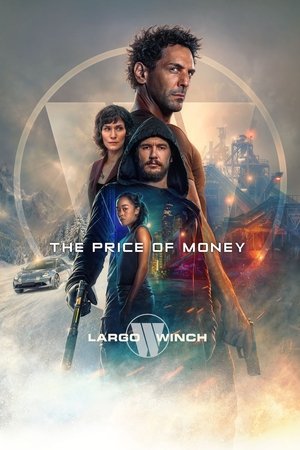 5.9
5.9The Price of Money: A Largo Winch Adventure(fr)
Largo Winch, devastated by the kidnapping of his son, realizes that if he finds those responsible for his bankruptcy, maybe he'll see his son again.
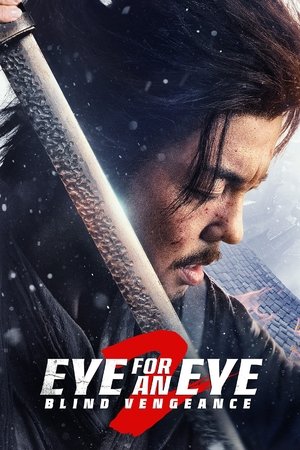 6.4
6.4Eye for an Eye 2(zh)
The blind swordsman, skilled in martial arts, named Cheng Xiazi (Xie Miao), accidentally saves Zhang Xiaoyu (Yang Enyou), who has suffered from the destruction of his family. Under the persuasion of the orphan Xiaoyu, Cheng reluctantly keeps him by his side and teaches him skills. Xiaoyu also waits for the opportunity to seek revenge.
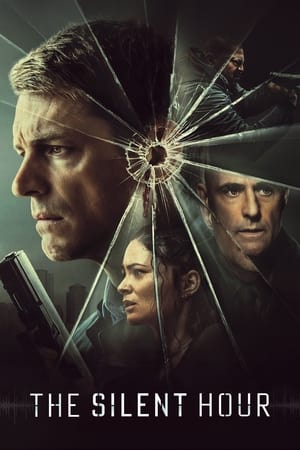 6.5
6.5The Silent Hour(en)
While working a case as an interpreter, a hearing-impaired police detective must confront a group of criminals trying to eliminate a deaf murder witness in her apartment building.
 6.1
6.1A Mistake(en)
In the midst of a new scheme to publicly report surgeons’ performance, a gifted surgeon’s life is thrown into disarray as her colleagues begin to close ranks, and even her partner, a nurse at the hospital, turns her back on her.
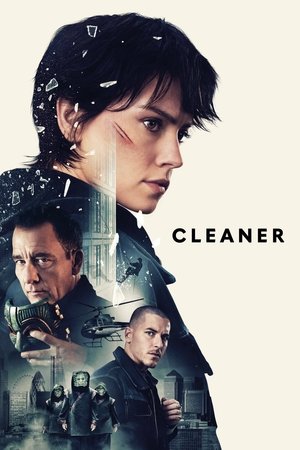 6.5
6.5Cleaner(en)
When a group of radical activists take over an energy company's annual gala, seizing 300 hostages, an ex-soldier turned window cleaner suspended 50 storeys up on the outside of the building must save those trapped inside, including her older brother.
 5.5
5.5Mobile Suit SD Gundam(ja)
A collection of short parodies of the Mobile Suit Gundam saga. Episode 1 pokes fun at key events that occurred during the One Year War. In episode 2, Amuro, Kamille and Judau fight over who runs the better pension when Char comes in to crash their party. Episode 3 is the SD Olympics, an array of athletic events pitting man with mobile suit.
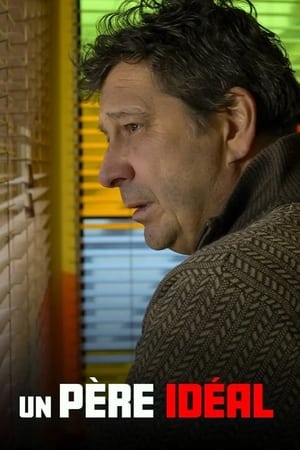 6.3
6.3An Ideal Father(fr)
Michel, the jovial owner of the only café in a small Normandy town, sees his life turned upside down when his teenage daughter is murdered. The community has his back but soon rumor spreads and Michel is singled out. From the ideal father, he becomes the ideal culprit.
 6.4
6.4Qwerty(en)
Before introverted word-nerd Zoe gains the courage to enter the National Scrabble Championship, she meets her emotional match in Marty, an irascible recluse. She finds him equally pitted against the opposing forces in her life - other people - including family, co-workers and a couple of particularly irksome adversaries standing in the way of her dream to become the world's second female National Scrabble Champion.
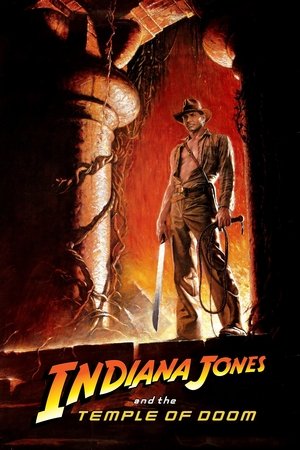 7.3
7.3Indiana Jones and the Temple of Doom(en)
After arriving in India, Indiana Jones is asked by a desperate village to find a mystical stone. He agrees – and stumbles upon a secret cult plotting a terrible plan in the catacombs of an ancient palace.
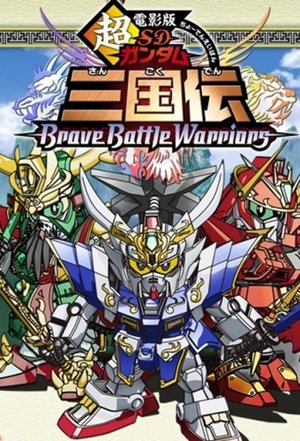 6.1
6.1Chou Deneiban SD Gundam Sangokuden Brave Battle Warriors(ja)
A Romance of the Three Kingdoms retelling using SD Gundams. (Source: Myanimelist.net)
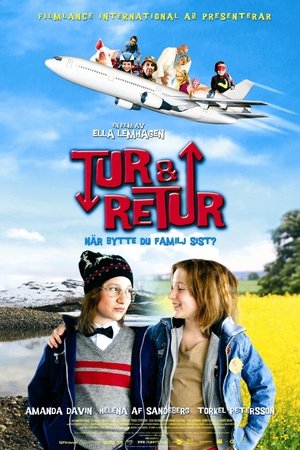 6.3
6.3Round-Trip(sv)
11-year old Julia and Martin are tired of having to flip back and forth between their divorced parents and when they realize how much they look like, they realize to swap places. After meeting at an airport, the each embark on a journey that will change their lives forever.
Similar Movies
 5.8
5.8Heckler(en)
HECKLER is a comedic feature documentary exploring the increasingly critical world we live in. After starring in a film that was critically bashed, Jamie Kennedy takes on hecklers and critics and ask some interesting questions of people such as George Lucas, Bill Maher, Mike Ditka, Rob Zombie, Howie Mandel and many more. This fast moving, hilarious documentary pulls no punches as you see an uncensored look at just how nasty and mean the fight is between those in the spotlight and those in the dark.
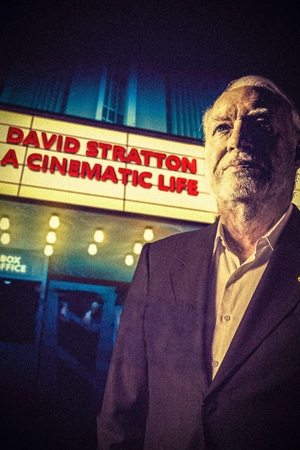 3.8
3.8David Stratton: A Cinematic Life(en)
A compelling personal journey with David Stratton, as he relates the fascinating development of our cinema history. David guides us from his boyhood cinema experience of Australia in England, where he saw the first images of this strange and exotic landscape via the medium of film, to his migration to Australia as a ‘ten pound pom’ in 1963 and onto his present day reflections on the iconic themes that run through our cinematic legacy. All of this reflects a passionate engagement in a uniquely Australian medium. Parallel and at the heart of the series is the story of an industry whose growing pains David has witnessed over a lifetime. Alongside David, the protagonists of this history are the giants of Australian cinema – both behind the camera and in front of it.
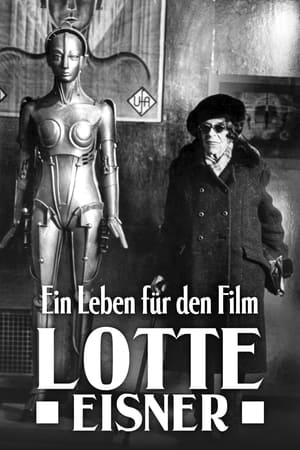 8.5
8.5A Life for Movies: Lotte Eisner(de)
Born in Berlin in 1896, Lotte Eisner became famous for her passionate involvement in the world of both German and French cinema. In 1936, together with Henri Langlois, she founded the Cinémathèque Française with the goal of saving from destruction films, costumes, sets, posters, and other treasures of the 7th Art. A Jew exiled in Paris, she became a pillar of the capital's cultural scene, where she promoted German cinema.
 7.0
7.0143 Sahara Street(fr)
Alone in a small white house on the edge of national road 1, the Trans-Saharan road, which connects Algiers to Tamanrasset crossing the immensity of the desert, Malika, 74, one day opened her door to the director Hassen Ferhani, who came there to scout with his friend Chawki Amari, journalist at El Watan and author of the story Nationale 1 which relates his journey on this north-south axis of more than 2000 km. The Malika of Amari's novel, which Ferhani admits to having first perceived as a "literary fantasy", suddenly takes on an unsuspected human depth in this environment naturally hostile to man. She lends herself to the film project as she welcomes her clients, with an economy of gestures and words, an impression reinforced by the mystery that surrounds her and the rare elements of her biography which suggest that she is not from the region, that she left the fertile north of Algeria to settle in the desert where she lives with a dog and a cat.
 6.0
6.0The Panafrican Festival in Algiers(ar)
Festival panafricain d'Alger is a documentary by William Klein of the music and dance festival held 40 years ago in the streets and in venues all across Algiers. Klein follows the preparations, the rehearsals, the concerts… He blends images of interviews made to writers and advocates of the freedom movements with stock images, thus allowing him to touch on such matters as colonialism, neocolonialism, colonial exploitation, the struggles and battles of the revolutionary movements for Independence.
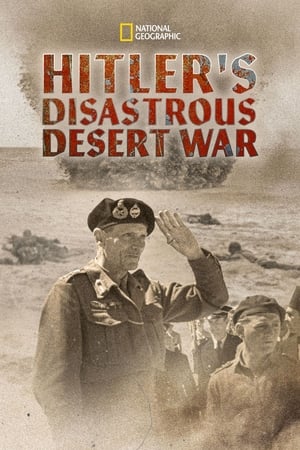 7.5
7.5Hitler's Disastrous Desert War(en)
When the British army looks set to defeat Mussolini’s Italian forces, Hitler sends reinforcements; the Afrika Korps led by General Rommel. The Desert Fox is on winning form until Montgomery, the British commander, sets up a plan to crush his opponent. After the American landing in North Africa, the Axis armies have no choice but to surrender and put an end to the Desert War.
 6.9
6.9The First 54 Years: An Abbreviated Manual for Military Occupation(he)
An exhaustive explanation of how the military occupation of an invaded territory occurs and its consequences, using as a paradigmatic example the recent history of Israel and the Palestinian territories, the West Bank and the Gaza Strip, from 1967, when the Six-Day War took place, to the present day; an account by filmmaker Avi Mograbi enriched by the testimonies of Israeli army veterans.
 6.8
6.8Sociology Is a Martial Art(fr)
"I often say sociology is a martial art, a means of self-defence. Basically, you use it to defend yourself, without having the right to use it for unfair attacks." (Pierre Bourdieu) The world has witnesses who speak out loud what others keep to themselves. They are neither gurus, nor masters, but those who consider that the city and the world can be thought out. The sociologist, Pierre Bourdieu is one such witness." Over a three- year period, Pierre Carles' camera followed him through different situations: a short conversation with Günter Grass, a lively conference with the inhabitants of a working-class suburb, his relations with his students and colleagues and his plea that sociology be part of the life of the city. His thinking has a sort of familiarity, which means it is always within our reach. It is the thinking of a French intellectual who has chosen to think his times.
 7.7
7.7Hearts and Minds(en)
Many times during his presidency, Lyndon B. Johnson said that ultimate victory in the Vietnam War depended upon the U.S. military winning the "hearts and minds" of the Vietnamese people. Filmmaker Peter Davis uses Johnson's phrase in an ironic context in this anti-war documentary, filmed and released while the Vietnam War was still under way, juxtaposing interviews with military figures like U.S. Army Chief of Staff William C. Westmoreland with shocking scenes of violence and brutality.
 7.5
7.5To Be Twenty in the Aures(fr)
A group of refractory and pacifist Bretons is sent to Algeria. These beings confronted with the horrors of war gradually become killing machines. One of them did not accept it and deserted, taking with him an FLN prisoner who was to be executed the next day. International Critics Prize at the 1972 Cannes Film Festival. Copy restored in 2012
 6.8
6.8Be Water(en)
In 1971, after being rejected by Hollywood, Bruce Lee returned to his parents’ homeland of Hong Kong to complete four iconic films. Charting his struggles between two worlds, this portrait explores questions of identity and representation through the use of rare archival footage, interviews with loved ones and Bruce’s own writings.
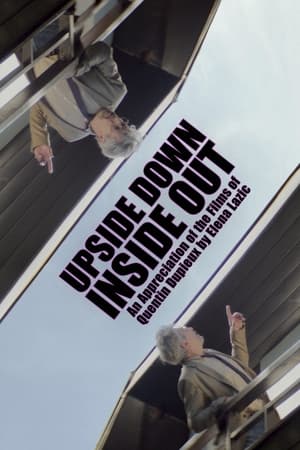 0.0
0.0Upside Down, Inside Out: An Appreciation of the Films of Quentin Dupieux by Elena Lazic(en)
An analysis of Quentin Dupieux's film "Incredible But True" by film critic Elena Lazic.
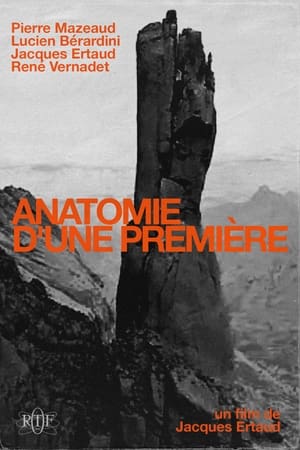 10.0
10.0Anatomy of a First(fr)
In February 1966, Pierre Mazeaud and Lucien Berardini attempted a difficult first ascent to one of the summits of Garet El Djenoun, in the Hoggar massif, a mountain range located west of the Sahara, in the south of Algeria. The mountain has been preserved intact since Roger Frison-Roche's expedition in 1935. The documentary, superbly filmed by René Vernadet, won the Grand Prix at the Trento Film Festival in 1966.
 10.0
10.0Gerboise Bleue(fr)
"Gerboise bleue", the first French atomic test carried out on February 13, 1960 in the Algerian Sahara, is the starting point of France's nuclear power. These are powerful radioactive aerial shots carried out in areas belonging to the French army. Underground tests will follow, even after the independence of Algeria. From 1960 to 1978, 30,000 people were exposed in the Sahara. The French army was recognized recognized nine irradiations. No complaint against the army or the Atomic Energy Commission has resulted. Three requests for a commission of inquiry were rejected by the National Defense Commission. For the first time, the last survivors bear witness to their fight for the recognition of their illnesses, and revealed to themselves in what conditions the shootings took place. The director goes to the zero point of "Gerboise Bleue", forbidden access for 47 years by the Algerian authorities
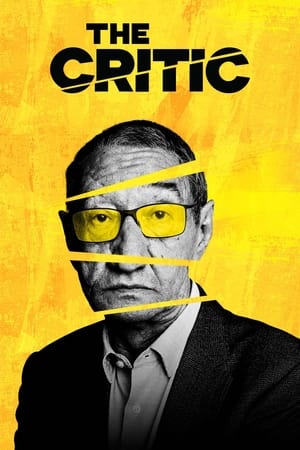 6.4
6.4The Critic(es)
A portrait of film critic Carlos Boyero, one of the most followed and feared figures in Spanish cinema, surrounded by controversy and both love and hate.
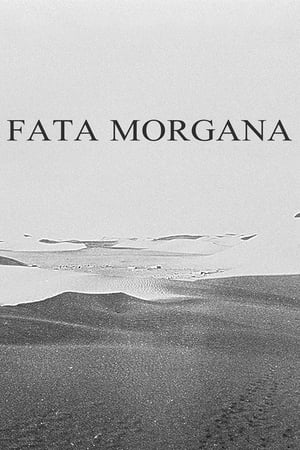 6.6
6.6Fata Morgana(de)
Shot under extreme conditions and inspired by Mayan creation theory, the film contemplates the illusion of reality and the possibility of capturing for the camera something which is not there. It is about the mirages of nature—and the nature of mirage.
 10.0
10.0An Unhealed Wound - The Harkis in the Algerian War(fr)
It's the unforgivable story of the two hundred thousands harkis, the Arabs who fought alongside the French in the bitter Algerian war, from 1954 to 1962. Why did they make that choice? Why were they slaughtered after Algeria's independence? Why were they abandonned by the French government? Some fifty to sixty thousands were saved and transferred in France, often at pitiful conditions. This is for the first time, the story of this tragedy, told in the brilliant style of the authors of "Apocalypse".
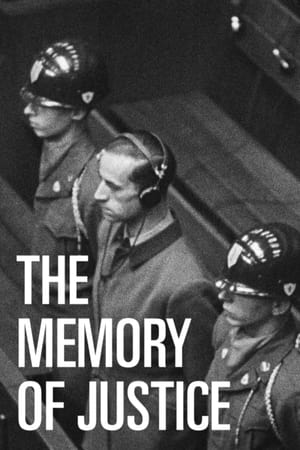 7.1
7.1The Memory of Justice(en)
This exceptional, disturbing, and thought-provoking two-part documentary compares the atrocities committed by the Nazis as revealed during the Nuremberg trials to those committed by the French in Algeria and those done by the Americans in Vietnam. The four-hour epic questions the right of any country to pass self-righteous moral judgements upon the actions of another country.

